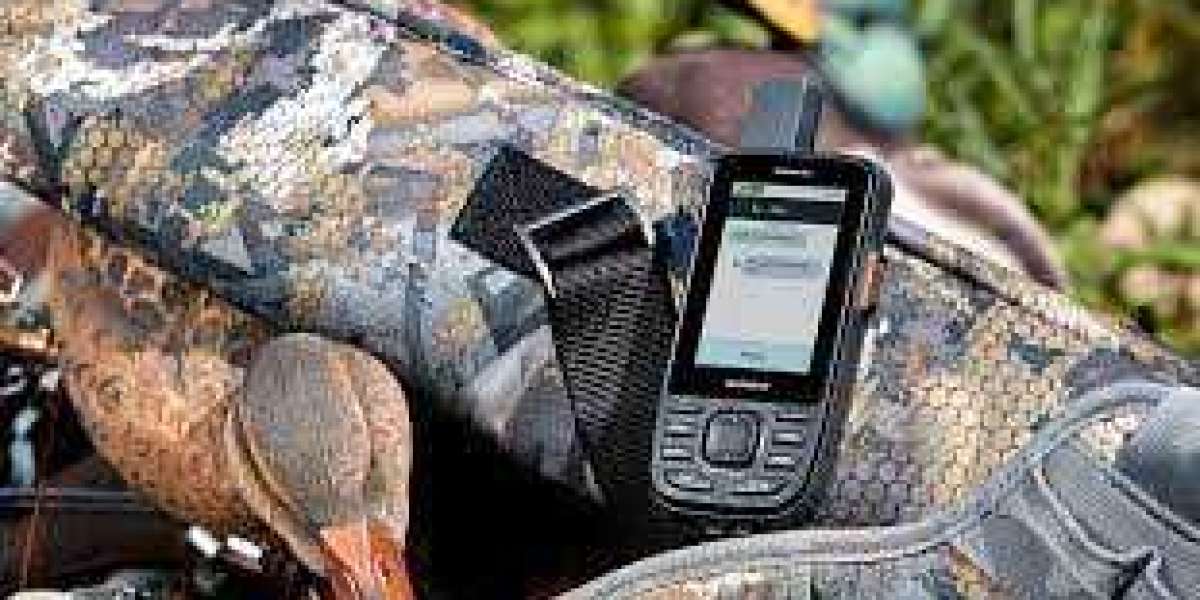Hunting is an exciting and challenging outdoor activity that requires planning, patience, and a good sense of direction. Having a GPS device is an essential tool for every hunter. It can help you navigate through the terrain, mark your hunting spots, and track your movements. However, with so many GPS devices available in the market, choosing the best one for your needs can be overwhelming. In this blog post, we'll discuss some factors to consider when choosing the best GPS for hunting.
1. Durability and Water-Resistance
When you're out in the field, your GPS device is exposed to harsh conditions such as rain, snow, and extreme temperatures. Therefore, it's crucial to choose a device that is durable and water-resistant. Look for a device that has an IPX rating of at least 7 or 8, which means it can withstand immersion in water up to 1 meter for 30 minutes.
2. Battery Life
Hunting trips can last for several hours or even days, so it's essential to choose a GPS device with a long battery life. Look for devices with a battery life of at least 10-12 hours, or opt for a device with replaceable batteries if you'll be out for longer periods.
3. Screen Size and Resolution
The screen size and resolution of your GPS device are critical factors to consider. A large screen size will make it easier to read maps, especially in low-light conditions. Look for a device with a screen size of at least 2.2 inches diagonally, and a resolution of 240x320 pixels or higher.
4. Mapping and Navigation
Hunting requires accurate navigation, and your GPS device needs to have topographical maps and the ability to track your movements. Look for a device that has preloaded maps, or one that allows you to download maps from online sources. Additionally, look for a device that has a compass and an altimeter, which will help you navigate through the wilderness.
5. Connectivity and Compatibility
Some GPS devices have built-in Wi-Fi, Bluetooth, or cellular connectivity, which allows you to share data with other devices or access online maps and weather reports. Additionally, make sure that the device is compatible with your smartphone and other devices.
6. Price
GPS devices can range from a few hundred dollars to over a thousand dollars. While the most expensive devices may have additional features, it's essential to choose a device that fits your budget and meets your needs.
In conclusion, choosing the best GPS for hunting requires careful consideration of several factors, including durability, battery life, screen size, mapping and navigation, connectivity, and price. By taking the time to research and compare different devices, you can choose a GPS device that will enhance your hunting experience and help you navigate through the wilderness with ease.


